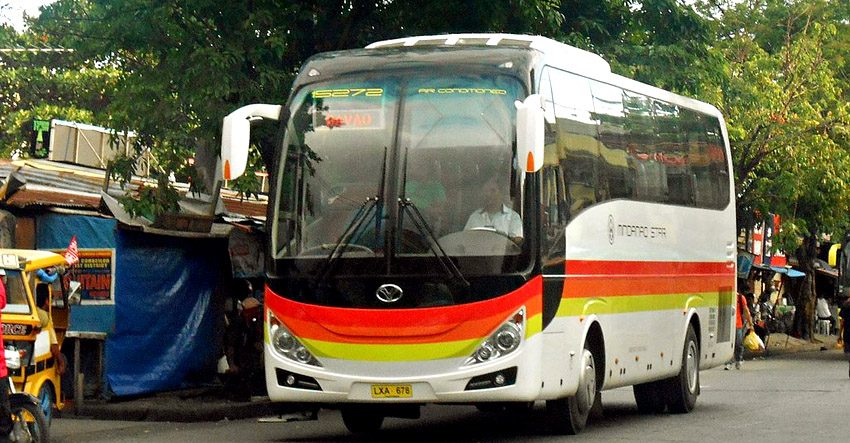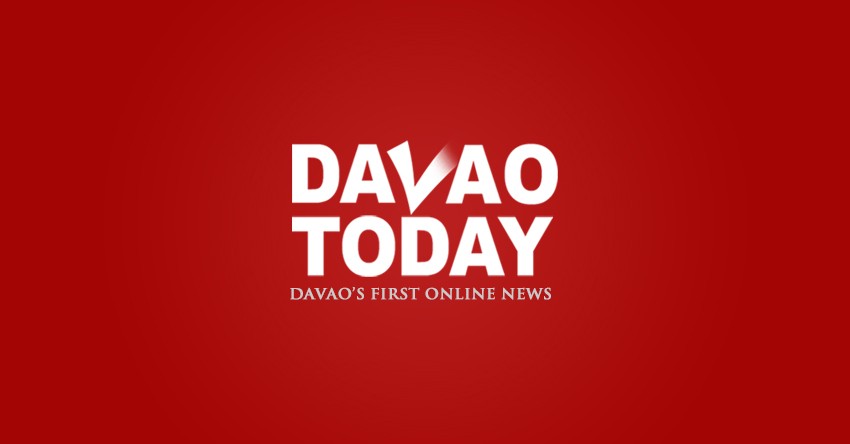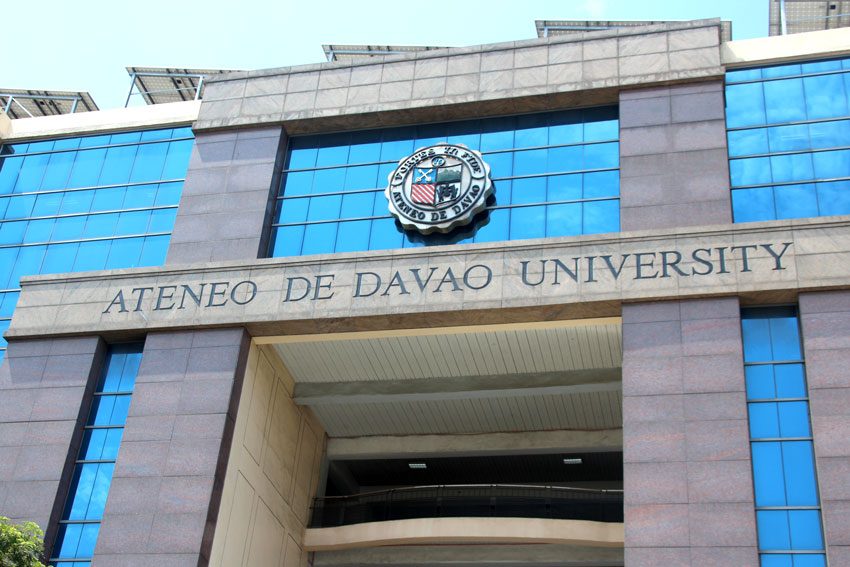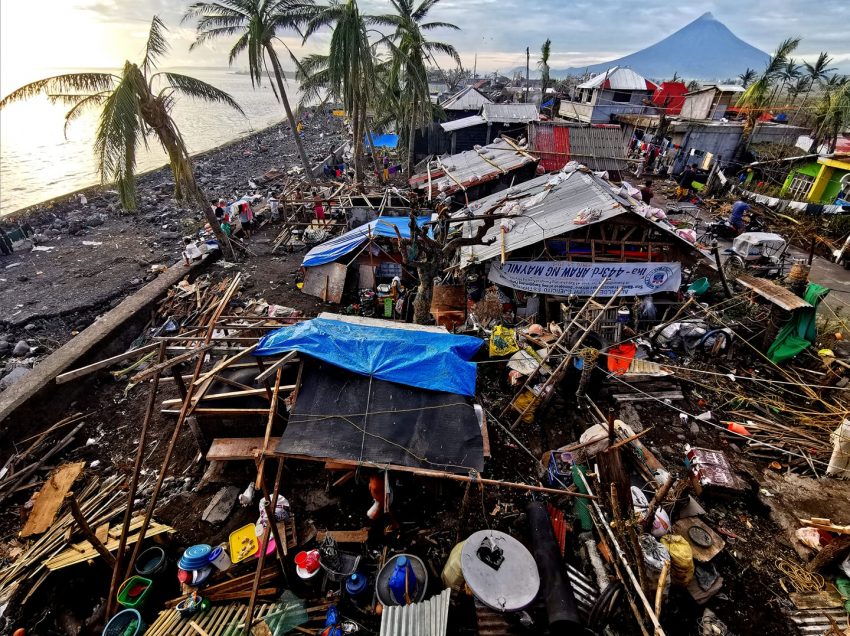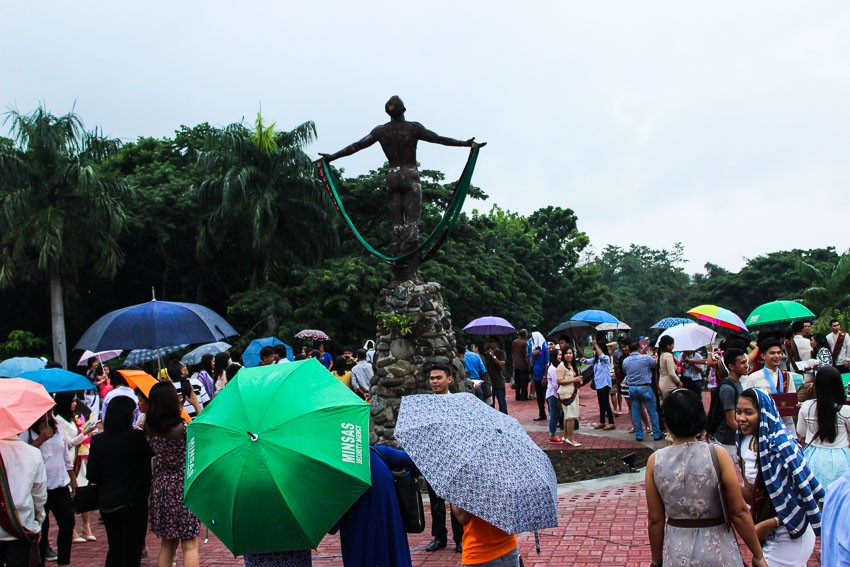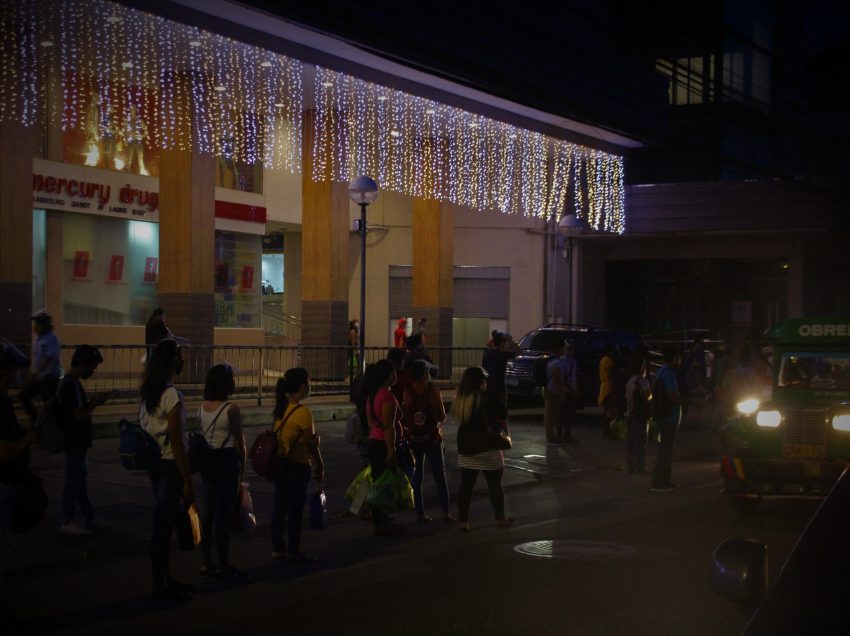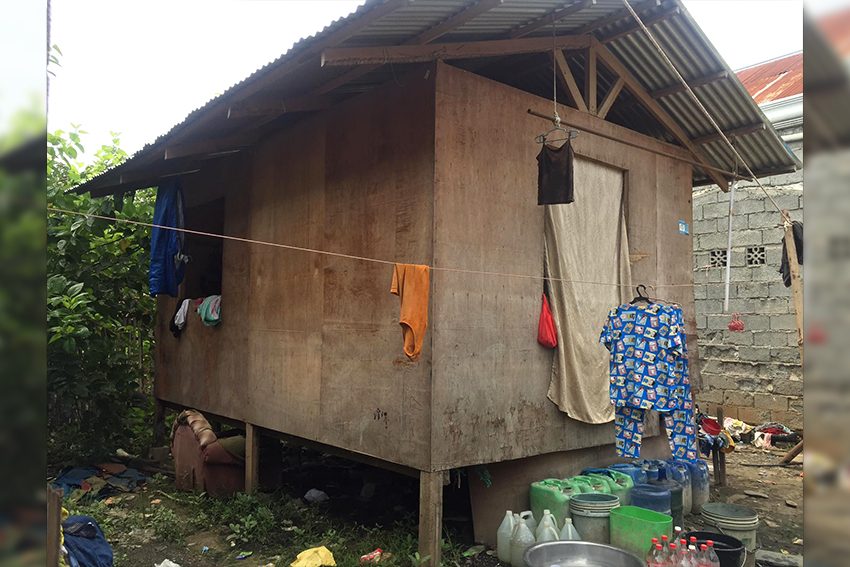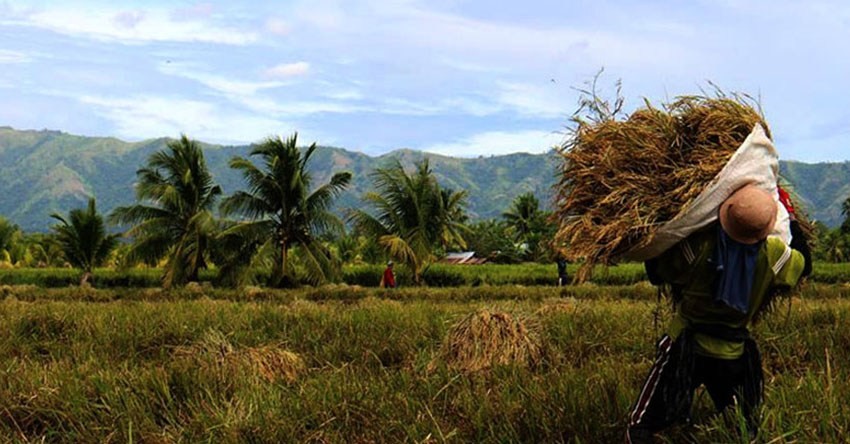The Land Transportation Franchising and Regulatory Board-10 (LTFRB-10) is negotiating with local governments in other regions in Mindanao to open its borders for buses doing inter-regional routes.
A diarrhea outbreak claimed the life of an elderly man while 33 individuals were hospitalized in a remote village in Jose Abad Santos town on Davao Occidental.
“Around 9 am on November 4, I saw two bulldozers ready to flatter the land where we live.”
Students of Ateneo de Davao University started a Twitter hashtag #AdDUStrike Tuesday to vent their frustration on the university’s new memo that moved its summer and first semester final exams earlier to December.
Due to the typhoon, Bicol farmers have lost yet another opportunity to make ends meet. They were supposed to harvest their produce in the months of October and November only to find their palay buried deep in flood waters.
Those who want to take the admission exams for the University of the Philippines (UP) need to wait for another year.
Since the re-imposition of curfew hours in Davao City to limit public activities at night due to COVID-19, the commuting public has found this a difficult matter to adjust to.
Her family of 12 only eats two full meals a day, and most times it is just rice doused in soy sauce or salt given to them by their neighbor.
Tenant farmers in Mindanao who practice conventional farming have been suffering the “worst effects” of the Republic Act No. 11203 or the Rice Tariffication Law (RTL), according to a research of farmers-scientists network, Masipag Mindanao.
As the education sector began this school year with the “new normal” of holding online classes due to the coronavirus (Covid-19), students such as Grace have suffered physically and mentally with this new mode of online and distance learning.

